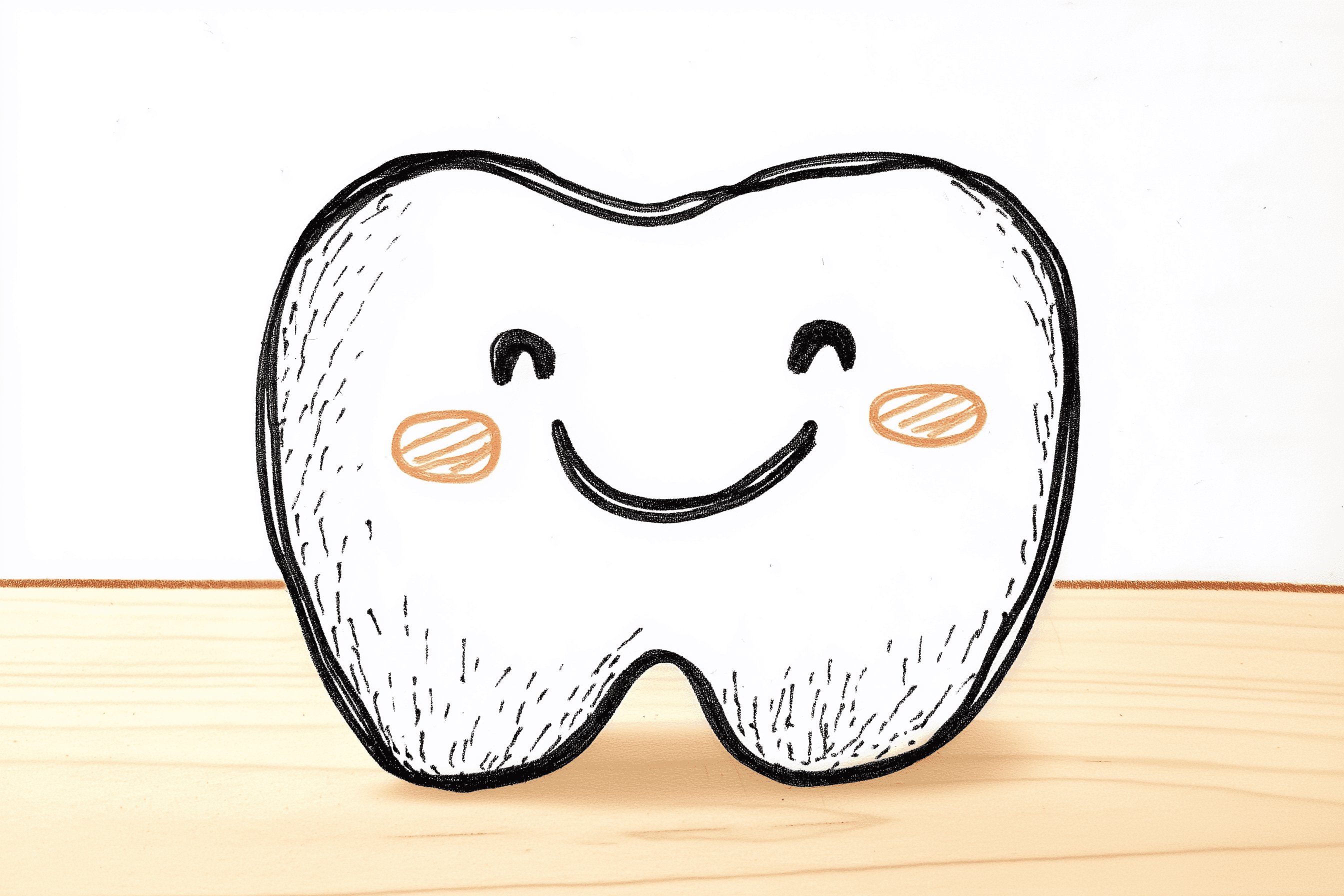Introduction
If you’ve ever winced while eating ice cream or sipping hot coffee, you know how frustrating sensitive teeth can be. Tooth sensitivity affects millions of people and can make everyday activities—like eating and drinking—uncomfortable. But what causes tooth sensitivity, and how can you treat it? In this blog, we’ll explore the common causes, symptoms, and the best ways to manage sensitive teeth so you can get back to enjoying your favorite foods and drinks pain-free.
What Are Sensitive Teeth?
Sensitive teeth occur when the protective layers of your teeth—enamel and cementum—are worn away, exposing the softer dentin underneath. The dentin contains tiny tubes that lead directly to the nerve of the tooth. When dentin is exposed to hot, cold, or acidic foods, or even air, it can cause discomfort or sharp pain.
Common Causes of Sensitive Teeth
Enamel Erosion: Over time, acidic foods and drinks can wear down tooth enamel, leading to sensitivity.
Brushing Too Hard: Aggressive brushing or using a hard-bristled toothbrush can wear away enamel and cause gums to recede, exposing sensitive areas.
Gum Recession: As gums recede due to age or gum disease, the roots of your teeth become exposed, leading to increased sensitivity.
Teeth Grinding (Bruxism): Grinding or clenching your teeth can wear down enamel and cause sensitivity.
Tooth Decay or Damage: Cavities, cracks, or chipped teeth can expose the sensitive inner layers of the tooth, causing discomfort.
Teeth Whitening Products: Certain whitening treatments or toothpaste can increase tooth sensitivity, especially if used too frequently.
Symptoms of Tooth Sensitivity
Common signs of sensitive teeth include:
A sudden, sharp pain when consuming hot, cold, sweet, or acidic foods and drinks.
Discomfort when brushing or flossing, especially near the gumline.
Pain when exposed to cold air or breathing in through your mouth.
How to Treat Sensitive Teeth
Switch to a Desensitizing Toothpaste: These special toothpastes help block the sensations traveling from the tooth surface to the nerve, reducing sensitivity over time. Look for ones with potassium nitrate or stannous fluoride.
Use a Soft-Bristled Toothbrush: A softer brush can prevent further enamel erosion and gum irritation. Be gentle when brushing to avoid wearing down the protective layers of your teeth.
Avoid Acidic Foods and Drinks: Acidic foods, like citrus fruits, soda, and wine, can wear down enamel over time. Limit their consumption or rinse your mouth with water after consuming them.
Consider Fluoride Treatments: Your dentist can apply fluoride gel or varnish to strengthen tooth enamel and reduce sensitivity. Fluoride mouthwash can also help at home.
Check for Gum Disease or Damage: If your sensitivity is due to gum recession or tooth decay, it’s essential to visit your dentist for proper diagnosis and treatment, which may include fillings, sealants, or gum grafting.
Wear a Mouthguard at Night: If you grind your teeth, a custom mouthguard can help protect your teeth from further damage and reduce sensitivity.
Preventing Tooth Sensitivity
Maintain Good Oral Hygiene: Brushing twice a day with fluoride toothpaste and flossing daily will help protect your enamel and keep gums healthy.
Use a Fluoride Mouthwash: Rinsing with fluoride mouthwash can help strengthen enamel and prevent sensitivity.
Be Mindful of Your Diet: Try to reduce consumption of acidic foods and drinks, and opt for enamel-friendly snacks like cheese, milk, and leafy greens.
Visit Your Dentist Regularly: Regular dental checkups can help catch any early signs of gum disease, enamel erosion, or tooth damage that may lead to sensitivity.
Conclusion:
Sensitive teeth can be a real pain, but with the right care and treatment, you don’t have to live with the discomfort. From switching to a desensitizing toothpaste like Sensodyne to making simple lifestyle changes, there are many ways to ease tooth sensitivity and protect your smile. If you’re experiencing persistent pain or discomfort, don’t hesitate to reach out to us for help. Relief is just a few steps away!
